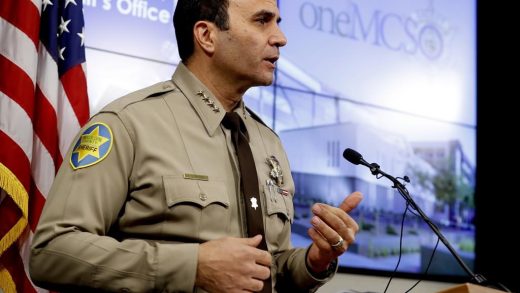
It might seem a fraught topic, but talking with kids about climate change can be simpler than you might realise, says Dr Jackie Feather, a clinical and counselling psychologist.
“Kids are quite matter of fact and quite wise and just asking them what they understand and what they think is a good place to start,” she says.
Eva, Feather’s 10-year-old granddaughter agrees. On an after-school, out-in-nature adventure – something they try to do often, despite living in the inner city – Feather asked her how adults should talk to young people about the climate. Eva’s reply: “Ask them what they know about climate change.”
She actually knew quite a bit, says Feather, who admits to being impressed. “She knew about carbon emissions: how they are linked to a warming climate, how that meant the air was moving into the areas where the sea was warmer, that the air was warmer, and what caused the cyclones and brought the rain.”
READ MORE:
* Climate Action Week: Preparing ourselves to weather the storm
* Feeling anxious about the planet? Here are three ways to stress less this year
* Not just a phase: How Gen Z is changing climate politics
We’ve always had storms and floods, but human made climate change means they’re happening more often and more intensely, says Feather. “Young people know this and know it’s already on their doorstep.”
supplied
There’s comfort in taking action: 10-year-old activist Eva at a protest march with her aunt.
Acknowledge emotions
Eva said she felt sad about climate change.
Its important adults and parents acknowledge how climate effects make us all feel, says Feather. It’s understandable to feel sad when you hear about floods and cyclones, and normal to feel scared and worried about friends, family and the future.
Eva also hopes that by the time she becomes an adult, there’s been a lot of change and that things have got sorted out.
“She holds quite a lot of hope which, you know, is another emotion,” says Feather, adding that the emotional aspect of climate change, is one of the biggest issues, but perhaps least talked about. It’s important to acknowledge children’s difficult feelings as well as their hopeful feelings.
“It’s not all doom and gloom, and you also want to validate that,” she says.
Know the signs of trauma
Young people and their families who’ve experienced flooding, slips and slash have been subject to immediate danger. Once that’s over and some physical safety’s been restored, the sense of threat might not go away, says Feather. “This really needs a different response, because the effects of trauma can be long-lasting and fluctuating.”
She says it’s important adults keep an eye out for their kids: some young people become quite withdrawn, others start acting out.
Feather recommends returning to routine as soon as possible, focusing on shared meals, time with friends and family, games, singing or kicking a ball around.
“It’s pretty confusing, and kids might feel powerless, but also angry that adults haven’t done more to prevent climate change or to protect them in their community. There are a lot of mixed emotions.”
Vitolda Klein
Simple things like familiar routines and time having fun outdoors can help children cope with stress, says Dr Jackie Feather, a clinical and counselling psychologist.
Its important adults not catastrophise, or dwell too much on the emotional realm, other than asking kids how they are, and allowing them to shut it off and do something active for fun – outside or together with mates.
Keep an eye on kid’s media exposure, because doom scrolling will cause any of us to feel more despairing, says Feather. Make sure your kids have the basic facts, and explore them together, acknowledging it’s a big problem, but also highlighting the many people working on it.
There’s a lot adults can talk with kids about – like what they can do themselves or together as a family: raising money for people affected by floods, tree planting, or joining wetland restoration groups.
Eva also suggests talking to kids about what they can do to help. She wanted to go to the School Strike 4 Climate, persuading an auntie to take her to a protest, and making placards beforehand.
Spend time in nature noticing its resilience, as plants grow back on slips, or seedlings appear where a tree has fallen, says Feather. “Nature is hopeful and we’re part of nature.”


